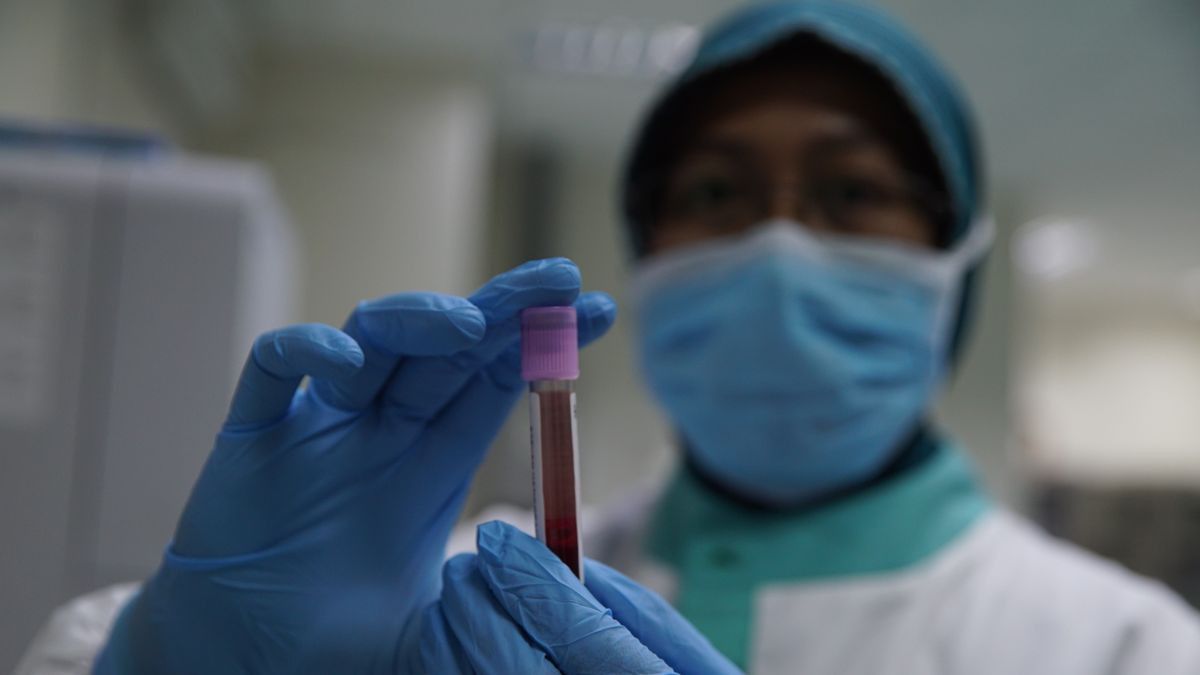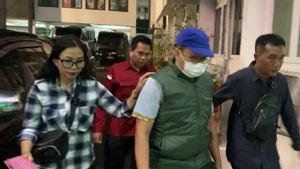JAKARTA - Deputy Governor of DKI Jakarta Ahmad Riza Patria claims that the handling of COVID-19 is under control. The addition of daily cases of the corona virus is starting to slow down.
Over the past week, daily new cases of COVID-19 have been 782 on February 23, 782 on February 24, 1,581 on February 25, 1,661 on February 26, 1,737 on February 27, 2,098 on February 28, and 2,058 on March 1, and 578 on March 2.
This figure is down from the addition of new cases a few weeks ago which averaged over 3,000 cases. In fact, the highest increase in new cases occurred on February 7, amounting to 4,213 cases.
Meanwhile, Head of the DKI Jakarta Health Service (Dinkes) Widyastuti acknowledged the decline in COVID-19 cases in recent times because his party did not confirm COVID-19 examinations for residents.
Currently, the testing strategy that the DKI Provincial Government is implementing is only for people with the category of close contact with positive cases of COVID-19.
"Our current testing condition does not improve at all because it depends on positive cases. What we are testing is close contact with positive cases," said Widyastuti at the City Hall of DKI, Central Jakarta, Tuesday, March 2.
Although the number of specimens examined has decreased, Widyastuti emphasized that the DKI Jakarta Provincial Government still meets the standards issued by WHO, namely 1: 1,000 population per week.
"Do not let it fall below WHO standards," he said.
Widyastuti said there are other factors that have caused DKI's daily cases to decline, namely through strengthening the policy of the COVID-19 prevention health protocol. Of course, the contribution of the people who do not neglect to apply the health program has a positive effect in the corona case in DKI.
"This means that the increasing public awareness now (apply health protocols)," said Widyastuti.
But Widyastuti has not been able to confirm whether or not the vaccination program will have the effect of helping to boost the decline in COVID-19 cases in Jakarta. Of course, more in-depth research is needed, because it takes more than 28 days to form antibodies in the body after being vaccinated.
"So of course it needs a more careful study by looking at vaccine coverage in an area, then efforts through preventive promotion and 3M, and strengthening in testing and tracing," he concluded.
The English, Chinese, Japanese, Arabic, and French versions are automatically generated by the AI. So there may still be inaccuracies in translating, please always see Indonesian as our main language. (system supported by DigitalSiber.id)










